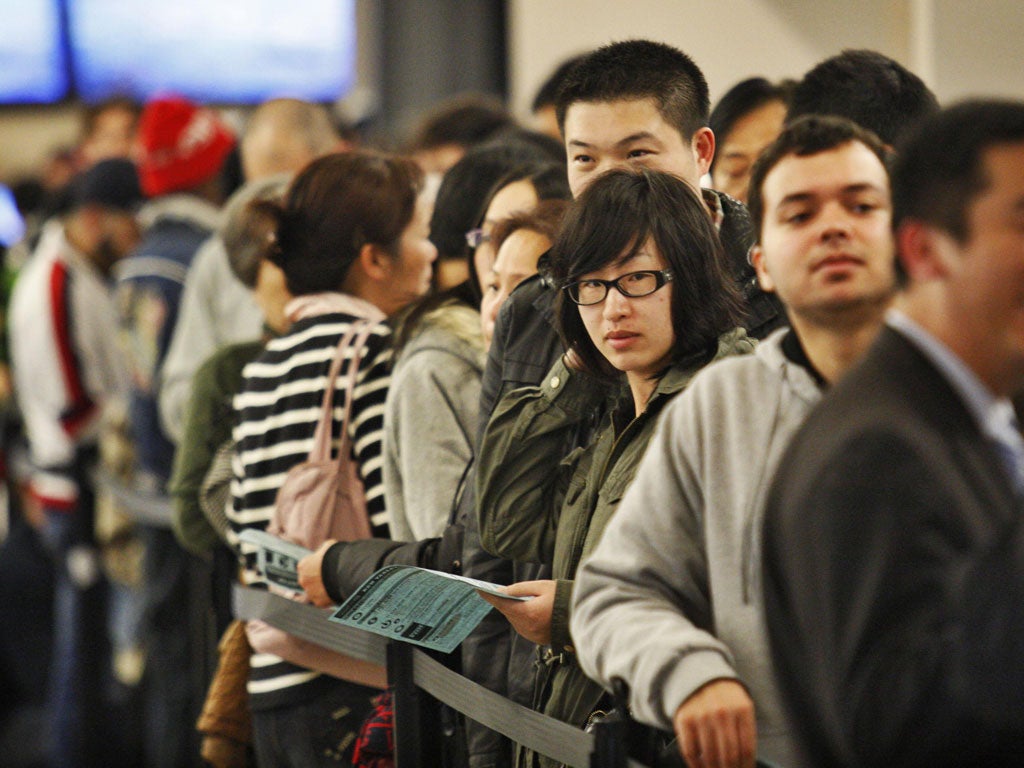Even better-off families are starting to feel the pinch...

Your support helps us to tell the story
From reproductive rights to climate change to Big Tech, The Independent is on the ground when the story is developing. Whether it's investigating the financials of Elon Musk's pro-Trump PAC or producing our latest documentary, 'The A Word', which shines a light on the American women fighting for reproductive rights, we know how important it is to parse out the facts from the messaging.
At such a critical moment in US history, we need reporters on the ground. Your donation allows us to keep sending journalists to speak to both sides of the story.
The Independent is trusted by Americans across the entire political spectrum. And unlike many other quality news outlets, we choose not to lock Americans out of our reporting and analysis with paywalls. We believe quality journalism should be available to everyone, paid for by those who can afford it.
Your support makes all the difference.Better-off families are increasingly strapped for cash as spending on bills and food soars to the highest rate in nearly two years, a report has claimed.
Almost half (45 per cent) of households spend at least three-quarters of their income on essentials, according to the study, while even high-earners have been forced to cut back.
High utility bills drove a 6 per cent, year-on-year rise in February, the biggest growth in almost two years.
Water bills were up 15.9 per cent, gas and electricity rose 10.5 per cent and food and drink had a 6.4 per cent hike, according to Lloyds TSB Spending Power report, which questioned 2,499 consumers.
Inflated prices have forced even the highest-earners to cut spending.
Nearly a quarter (24 per cent) of above-average earners in their 40s and 50s, including some with second homes, have switched to value or own-label products in the past three months, a study by the Axa quarterly Big Money Index found.
Almost one in five (17 per cent) said they had curtailed use of oil, gas and electricity during this period.
A total of 13 per cent of the highest-earners, who are typically in their mid-50s to 60s with no mortgage, a high disposable income and large assets, said they have downgraded to cheaper brands.
A pattern of cutbacks is emerging, according to Nick Turner, Axa UK's director of customer partnerships.
He said: "Tighter purse strings are evident, with many restricting not only the nicer things in life, but also making changes to their food shopping and fuel consumption to a degree that paints a disheartening picture."
Patrick Foley, chief economist at Lloyds TSB said: "Any improvement... will depend on lower inflation on essentials as income growth is likely to remain weak in the short term."
Join our commenting forum
Join thought-provoking conversations, follow other Independent readers and see their replies
Comments